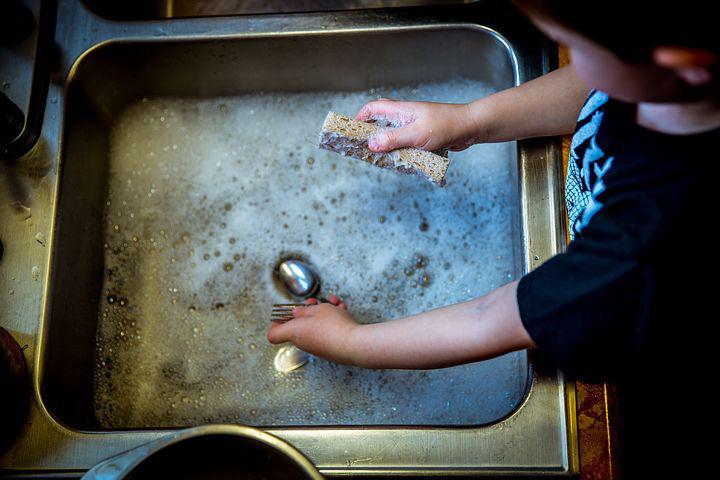
This lesson may contain affiliate links. Please read my disclosure for more info.
Grief is a hard topic to talk about and also a hard topic to live out. There’s so many times in my own journey of grief where I wanted the people around me to understand what it was like to have loss because maybe they would be able to empathize in a meaningful way. As I talked with people throughout my loss journey I realized that people didn’t really know how to connect to someone in grief. Traditions of grief that have been passed down from one generation to another were not as helpful as they were meant to be. So how do we connect with someone in grief? Here are 5 tips that I have found to be helpful for people who have just lost a loved one and need support through grief.

1) What do you say with loss? There’s not a lot that is very comforting when you loose someone. Especially right away. The phrase that I found most comforting was “I’m so sorry for your loss.” It acknowledges loss and recognizes that there’s an absence that will be felt. For me it wasn’t helpful to hear ” Well they are in a better place”. That phrase really doesn’t recognize that pain you are in and doesn’t build empathy. Another reason why it’s so important to watch what you say is that, especially if it’s an unexpected loss, the one who has experienced loss is in shock. I don’t really remember what people said to me after the loss of my mother but I remember when they were there for me. Just being there as a supporting presence not talking to me or at me was very helpful. Sometimes the most you can say is nothing.

2) What can I do for someone who lost a loved one? When you want to walk along someone who has loss the biggest help you can give is to be the doer. Don’t ask the person what you can do just jump in and help where you can. If there’s food that needs to be arranged, funerals, memorial services, or other practical tasks go after those things to help out. Sometimes family members need to be notified or dishes need to be done. Mundane tasks are still needed as life keeps going on but usually for the one that is grieving their world has stopped.

3) Stop the Nosey Aunt. I don’t know about you but have you ever seen people in your family who just don’t know when to stop talking or aren’t very aware of the situation at the time where they should be more quite then not? Here’s an opportunity to take Aunt Betty aside and protect the person who is grieving. When you have someone who is bombarding you with endless sentiments, questions, or stories about the loved one that is gone it can be very overwhelming and can add to the stress. Help the person who is mourning by running interference and protecting them in this time. Most likely the person who has loss isn’t even able to hold a very long conversation. It will be hard for them to engage in any meaningful moments.

4) Physical Comfort can be helpful. Sometimes the biggest help for those who just lost someone is a hug or holding them in their pain. Everyone is different but usually with loss there’s such a huge amount of heart break and sometimes just being the literal shoulder to cry on can be a great comfort. Some people don’t like the physical touch aspect but sitting besides them and just being can be very comforting and can bring a lot of peace. Not always do we want to be held when we are in pain but just being near someone is so helpful.

5) No expectations of the grief process. Don’t have an expectation of what their grief process will look like or how long it will last. Most of the time grief can take years. The first year in particular is a very intense season of memories and painful moments. Have a plan that you won’t judge their process but will be there for them when they need you. If they become unhealthy with their grief and self medicate make sure that you are prepared to put down boardies and have loving conversations with them about finding help. Your job as a member of their community is to be there for them in the grief to share the burden.
Education on grief and the process is so important to be able to walk through it with someone who is in pain. I wrote a book out of my process because I had a heart to help those who have experienced grief and trauma. If you would like to read more about it here is the link below!

If you are wanting to get my Free Gift sign up for the newsletter below!

[…] For other articles on grief click here! […]